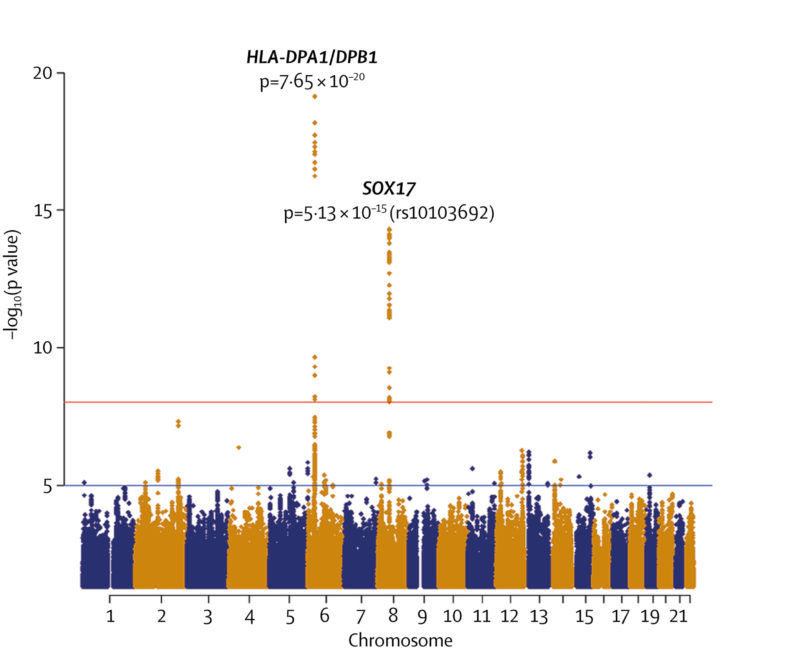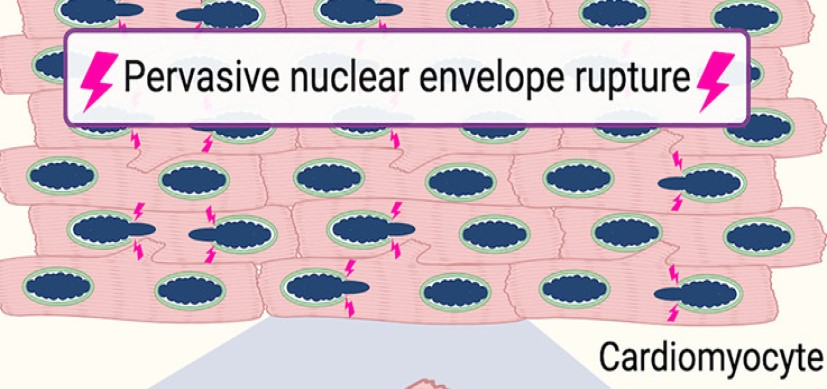Common Genetic Variant Found for Pulmonary Arterial Hypertension
Research By: William Nichols, PhD
Post Date: June 30, 2019 | Publish Date: Dec. 5, 2018

Pulmonary arterial hypertension (PAH) is a rare disorder caused by blockage of the pulmonary arteries, resulting in heart failure and premature death. Treatments have advanced in recent years, but PAH remains a devastating disorder.
Now, an international team of scientists that included investigators from Cincinnati Children’s has advanced our understanding of PAH genetics through genome-wide association studies that analyzed data from 11,744 people of European decent.
The study, published in Lancet Respiratory Medicine, is the largest genetic analysis to date for PAH. It reports that PAH is associated with two genes, SOX17 and HLA-DPA1/DPB1. Although many genes with rare variants have already been identified in PAH, this the first study identifying common variants in a large population of patients.
“This is the first finding of common variation associated with PAH and all of the U.S. patients in the study are enrolled in the National Biological Sample and Data Repository for PAH at Cincinnati Children’s,” says William Nichols, PhD, Director of the PAH biobank here and a senior investigator on the study. “The biobank is the world’s largest sample and genetic data repository in the world for patients with this disease.”
Michael Pauciulo, MBA, Division of Human Genetics, was a co-first author on the study.
| Original title: | Genetic determinants of risk in pulmonary arterial hypertension: international genome-wide association studies and meta-analysis |
| Published in: | Lancet Respiratory Medicine |
| Publish date: | Dec. 5, 2018 |
Research By







